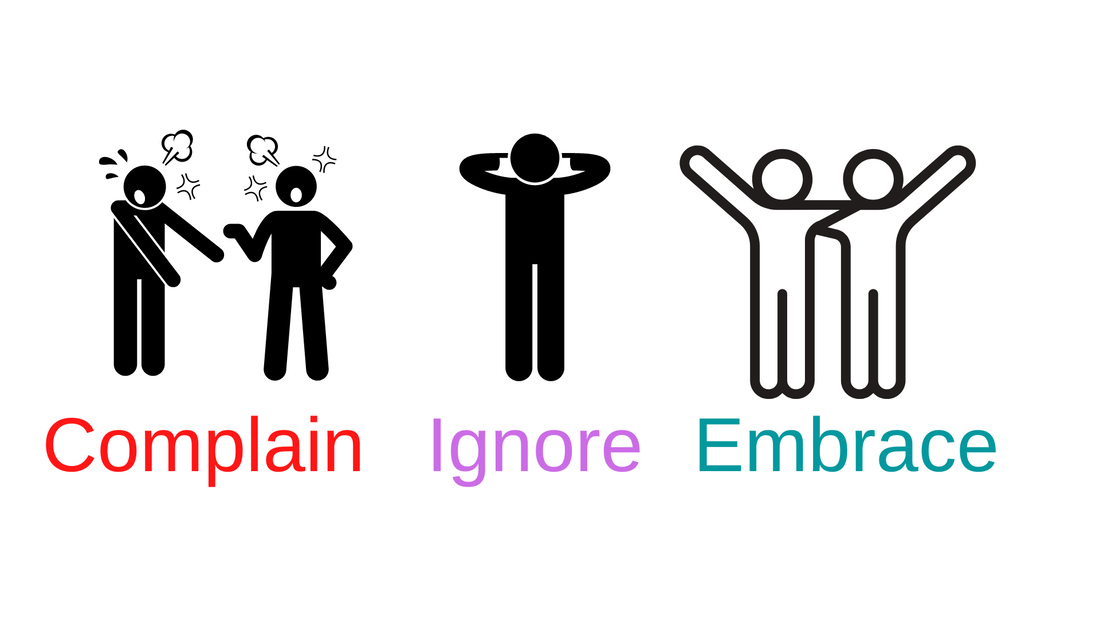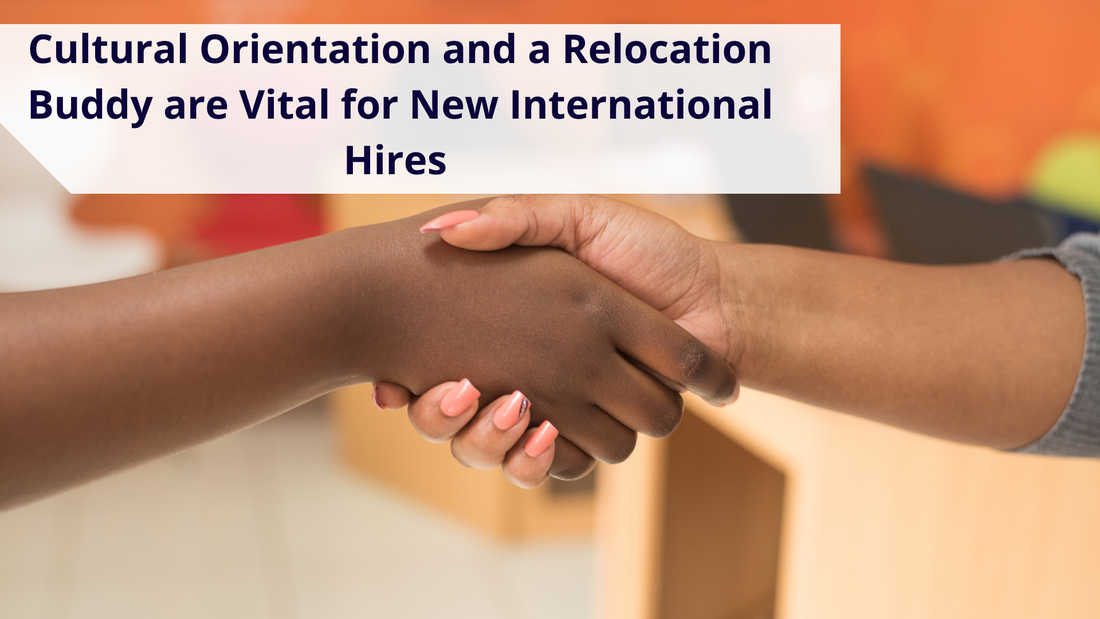23/June/2022
Three Different Responses to Cultural Differences
With the growing global interactions, cross cultural collaboration is inevitable. People from diverse backgrounds and cultures are now sitting in one office either physically or virtually. Everyone brings their different communication and working styles in the room.
- When different cultures meet with less or no preparedness the first quick and natural reaction is complaining and judging the other culture as inappropriate. If not dealt with, the judgement will slowly grow into divide, distrust and ultimately mediocre relationship which will lead to poor performance.
- The second reaction to cultural differences is ignoring the differences and just focus on the commonalities. While this creates a short term comfort, in the long run it is detrimental. Minimizing the differences makes people from minority cultures to adapt and integrate in the dominant culture. In the process of this cultural integration, people will cut off some aspects of their cultural identity to fit in the dominant culture. By doing so, at individual level this reduces their potentials and at organization level, this stripes away the power of diversity which if leveraged gives the organization multiple perspectives and promotes creativity.
- The third and the best reaction is embracing the differences. This is not blind acceptance and adaptation. It is empathy powered by curiosity to understand the other person and confidently adapt to their culture to meet desired objective. It is the highest level of understanding that beyond your worldview, there is another "different and true" worldview. It's viewing and using cultural differences as tools. See one culture as a spanner to grip and turn a nut or bolt and another culture as a screwdriver to screw or unscrew. Embracing cultural differences gives us the advantages of adapting our communication, behavior and strategies to effectively function in unfamiliar cultural settings.
Why I Struggle to Tell Time in English
8 April 2021
I have been learning and speaking English for more than 20 years but I still tell time wrong or sometime take a few second and do the conversion before I say time in English. While I still make other small mistakes in English (I am not a native speaker), telling time always gives me hard time. Telling time is hard for me because it's more than language, it's how my culture has programmed my brain.
In my language we use 12 hour clock and we start counting hours (telling time) from 7. So 7:00 ( English time) is 1 (saa moya) in my language. I think, traditionally my ancestors didn't bother counting time during the night because they were asleep anyways. So They started counting in the morning when the sun was out and people were getting ready to start their daily activities.
While English day starts at midnight, a day in my language starts at 7 which gives us a six hour difference. So here is what is in my mind when I am telling time in English:
English Time What is in my brain
7:00 am 1:00 (saa moya= one )
8:00 am 2:00 (saa mbili= two)
4:00 pm 10 (saa kumi = ten)
Etc.
I am sorry if you are struggling to understand what I mean here, that's how I feel everyday when I am telling time in English.
Language is more than words, it's very powerful that it shapes our worldviews and programs our minds. You can't totally understand the language without understanding the culture that envelops it. Same way, you can't fully understand the culture until you understand the language that communicates it.
Justin Ngoga
In my language we use 12 hour clock and we start counting hours (telling time) from 7. So 7:00 ( English time) is 1 (saa moya) in my language. I think, traditionally my ancestors didn't bother counting time during the night because they were asleep anyways. So They started counting in the morning when the sun was out and people were getting ready to start their daily activities.
While English day starts at midnight, a day in my language starts at 7 which gives us a six hour difference. So here is what is in my mind when I am telling time in English:
English Time What is in my brain
7:00 am 1:00 (saa moya= one )
8:00 am 2:00 (saa mbili= two)
4:00 pm 10 (saa kumi = ten)
Etc.
I am sorry if you are struggling to understand what I mean here, that's how I feel everyday when I am telling time in English.
Language is more than words, it's very powerful that it shapes our worldviews and programs our minds. You can't totally understand the language without understanding the culture that envelops it. Same way, you can't fully understand the culture until you understand the language that communicates it.
Justin Ngoga







